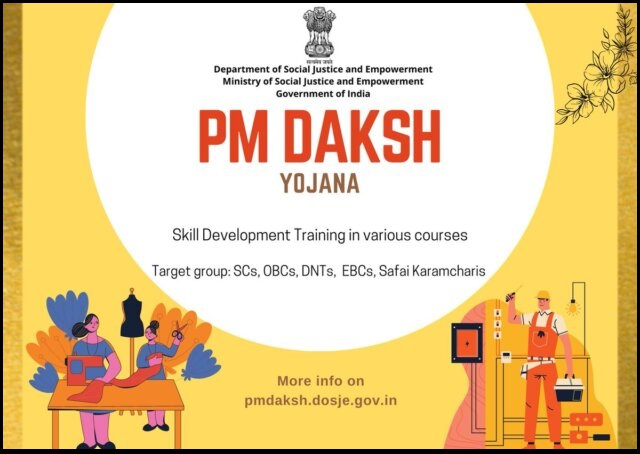Description
Context: The Maharashtra government has withdrawn “general consent” given to the Central Bureau of Investigation (CBI) to probe cases in the state. The decision means the central agency will have to get consent from the state government for every case it registers in Maharashtra.
What types of cases is the CBI involved in at a state level?
- The CBI is divided into three categories when it comes to investigation.
- Anti-Corruption Division that investigates cases against public servants under the control of the central government and cases against public servants working under state governments, which have been entrusted to the CBI by the state, and serious departmental irregularities committed by the above mentioned.
- The Economic Offences Division investigates financial crimes, bank frauds, money laundering, illegal money market operations, graft in PSUs and banks.
- The Special Crimes Division handles cases of conventional nature such as offences relating to internal security, espionage, sabotage, narcotics and psychotropic substances, antiquities, murders, dacoities/robberies, and cheating among others.
Does this have an impact on other cases like the Bhima Koregaon?
- The National Investigation Agency (NIA) has jurisdiction across the country and does not need special permission from state governments.
- Enforcement Directorate (ED) conducts its probe under the PMLA and FERA Act, and has nothing to do with the Delhi Police Special Establishment (DPSE) Act which gives power to the CBI.
- The government has withdrawn general consent under the DPSE Act which will only impact the CBI.
How will this impact the day to day functioning of the CBI?
- The decision will increase work for both the CBI and the state government.
- Every time the CBI traps some central government employee taking a bribe, it will need to seek approval from the Maharashtra government before registering a case.
- Similarly, the Maharashtra government department too will be burdened with approval requests on a case-by-case basis.
- The CBI has, however, recently started taking recourse in a Calcutta High Court judgment.
- The HC, in its order in the Ramesh Chandra Singh and another vs CBI, observed that “the court is of the view that the central government/CBI’s power to investigate and prosecute its own officials cannot be in any way impeded or interfered by the state even if the offenses were committed within the territory of the state.”
https://indianexpress.com/article/explained/maharashtra-central-bureau-of-investigation-trp-scam-sushant-singh-rajput-case-6835351/







